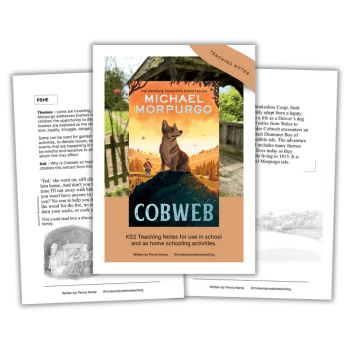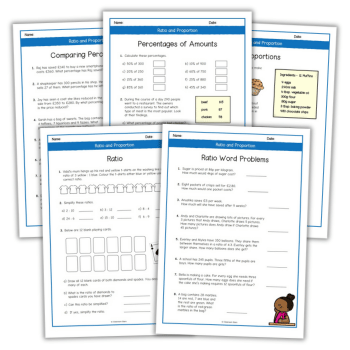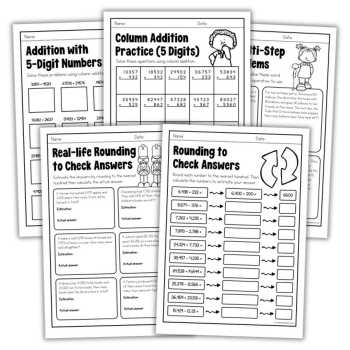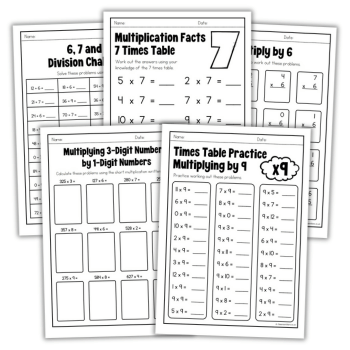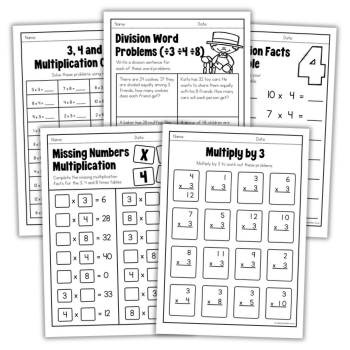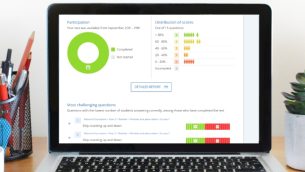Primary Maths
Are you looking for primary resources to support you with KS1 and KS2 maths lessons? From maths games and investigations to lesson plans and worksheets, these engaging maths activities for your classroom will support you to strengthen pupils’ arithmetic and reasoning skills.
Explore Primary Maths
Free Primary Maths Resources
Primary Maths CPD Downloads
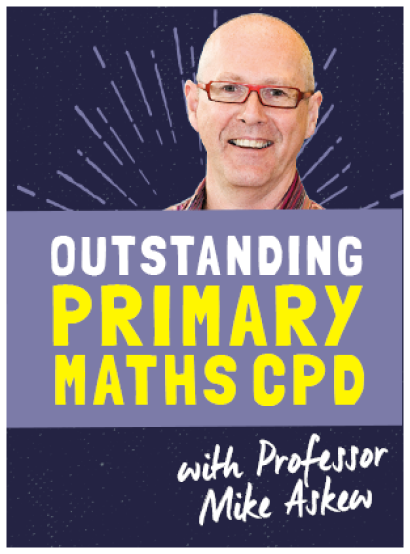
Professor Mike Askew provides advice around three areas of primary mathematics to help you become a better teacher
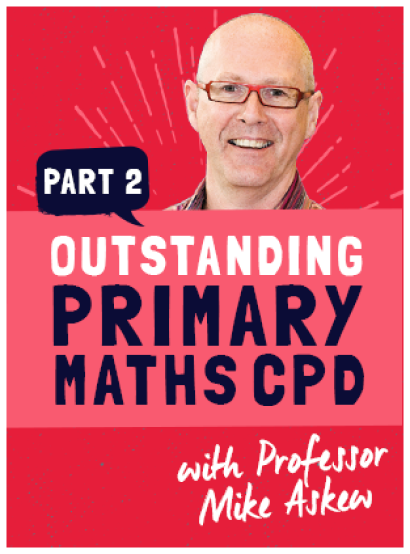
Professor Mike Askew provides more advice around three areas of primary mathematics to help you become a better teacher

Our maths experts cover teaching square numbers, using games to boost learning and how to encourage pupils to spot links and ... more
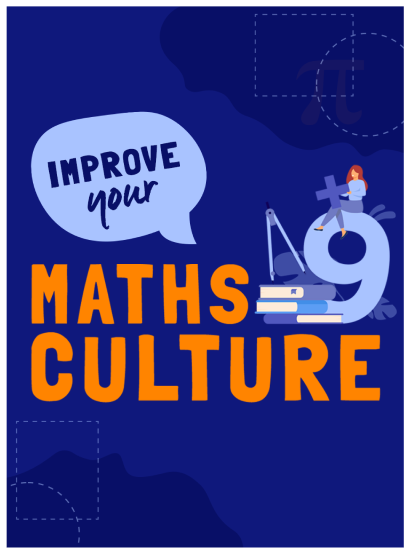
Three thinking points for primary maths teachers on how to boost pupils’ confidence and tackle maths anxiety





